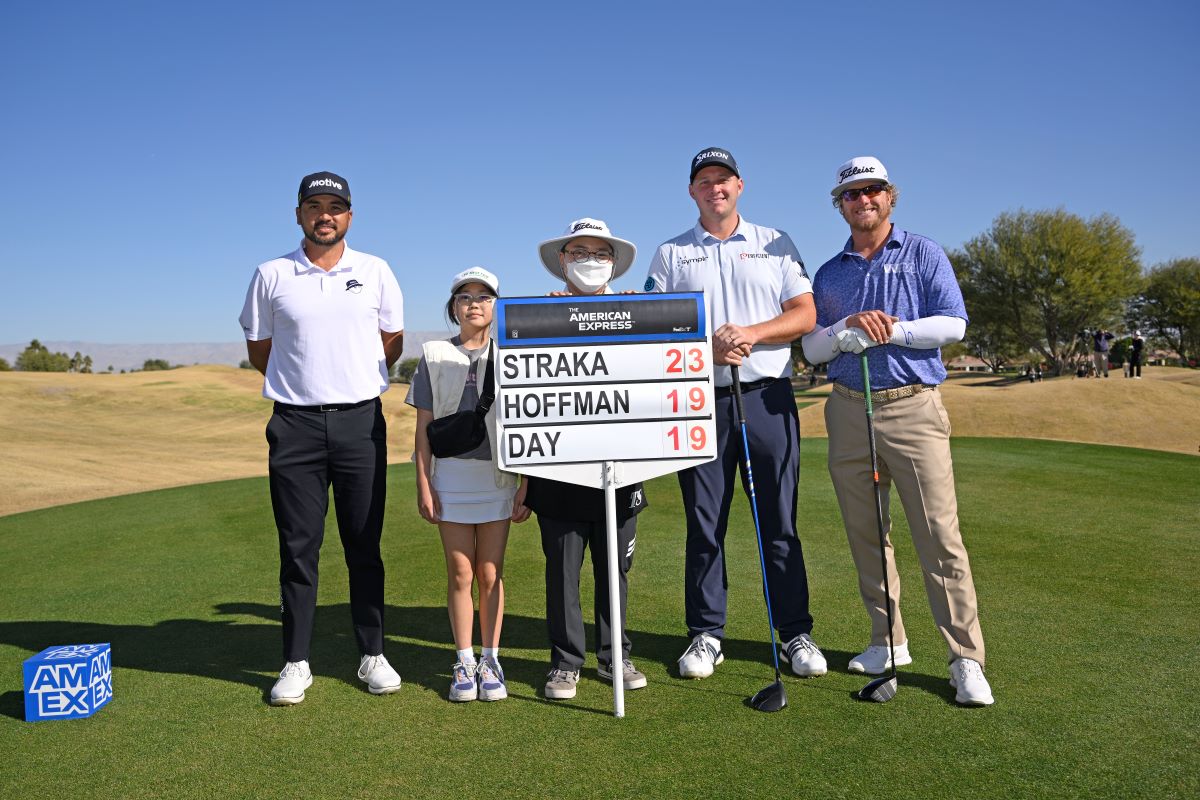Forget the PGA Tour, the LPGA or the annual All-Priests Over 75s football match between Craggy Island and Rugged Island – if there’s one thing I can’t stand, it’s slow play.
More than that, it’s slow play that affects me.
Gouging your eyes out watching the telly is one thing. Being in the presence of a plodding sloth is quite the other. There’s no comfort to be had on a golf course promising nothing but blessed green fields before you when an angry mob is baying for blood behind; the fella you’re playing with dragging your group behind the clock. Golf’s cardinal sin.
You don’t have to be good to be quick and more often than not, those taking five hours or more to complete a round fancy themselves as a player. Pair me with a fast 48-handicap over a deluded 4 any day. Probably picked up a deliberate pre-shot routine watching Keegan Bradley while the rest of us fell asleep. The day I play with an aim point amateur will be the day I walk off the course mid-round.
The irony that in the PGA Tour’s American EXPRESS Championship last week, it took the final group 3 hours 50 minutes to play 12 holes. When I was a course ranger at Carton House years ago, our first three-balls of the morning had their post-round coffees finished and car packed in that time. The last groups of the day might’ve needed another 40 minutes to complete. The boys on the PGA Tour needed a minute shy of six hours to do the same.
At Carton, it was that first hour of the day that was truly sacred. Lads up before the crack of dawn to squeeze their long hobby in on a tight schedule knowing full-well of the repercussions if they were back a minute late. These first few groups would set the tone for tee-sheet magnificence. A flowing affair at eight-minute intervals that would ensure maximum enjoyment for the players and a maximum return for the club’s coffers.
Good luck breaking into that sacred space as a slow player. They sure didn’t need me as course ranger to police it. Much like the rules of the game of golf at club level, pace of play was very much upheld by the participants. Simply put, there was no waiting around for those who couldn’t keep up.
Now don’t get me wrong, I don’t like playing too quickly either, and sometimes we’d get fellas teeing up who were so afraid of getting home late that they’d fly around 18 without hardly finishing a hole. Those boys should’ve taken up running but for the most part, the recipe for success was simple to adhere to – ready golf.
Ready golf rids its players from the shackles of the honour system, no asking who’s furthest from the hole. If it’s safe to hit and you’re ready, then fire away. Lines would be read while someone else putted. Yardages and club selections finalised as your playing partner arrowed one at the flag. Practice swings were kept at a minimum. Thinking was kept at a minimum, though you’d be clued in enough to always have the next tee in mind, leaving your bag on the appropriate side of the green to ensure an efficient exit.
Slow play rightly drives people mad but it drives them mad because it’s so avoidable. It really doesn’t take much to improve your pace of play. If anything, it’s mostly courtesy. And courtesy still leaves plenty of time for talking. 10 kilometres together will take care of that, and if you do it adding in some ready golf and quick thinking, you might even have time to enjoy a drink together afterwards too.
Just don’t push your luck with Guinness. It takes too long to settle.























Leave a comment